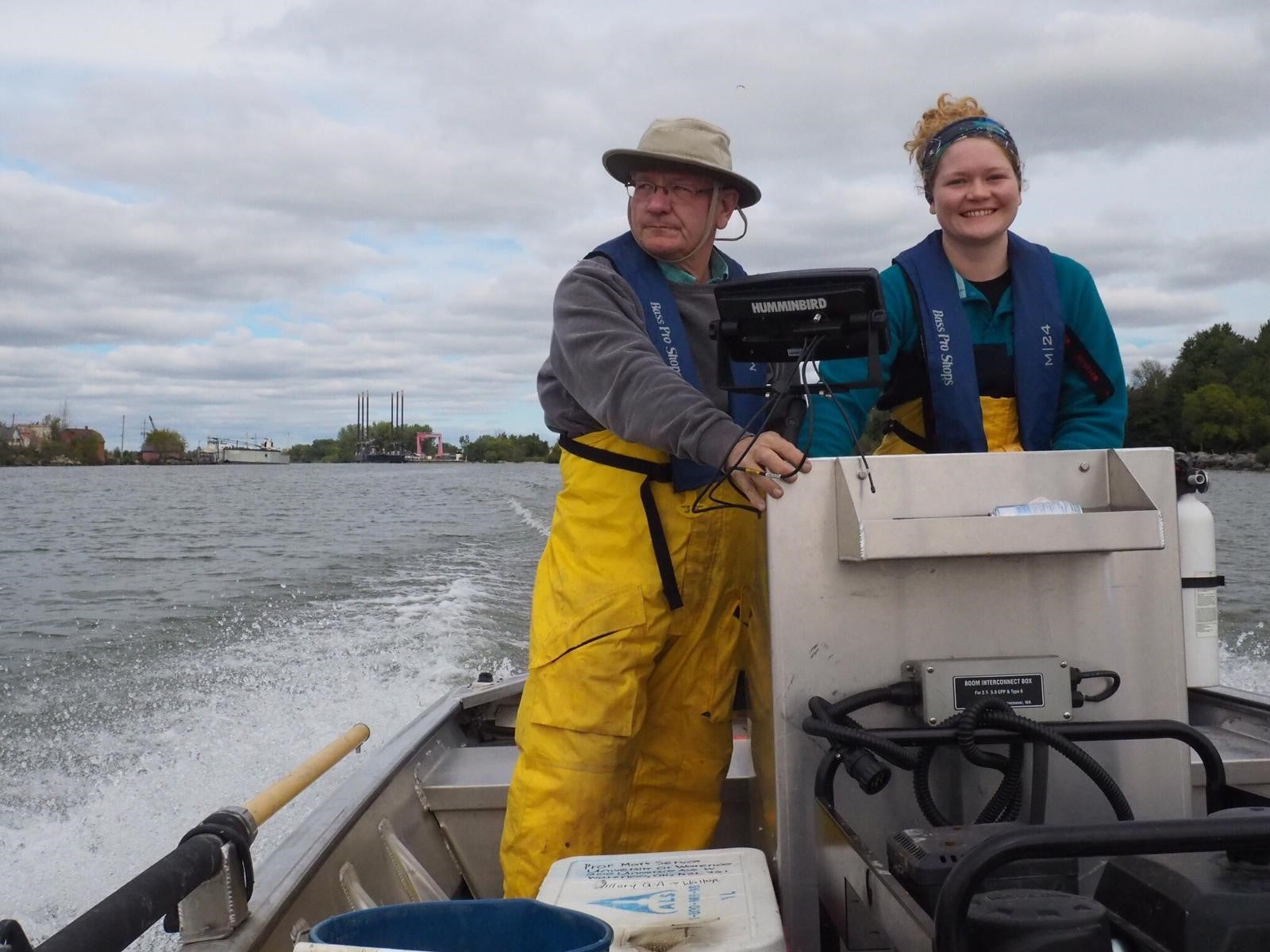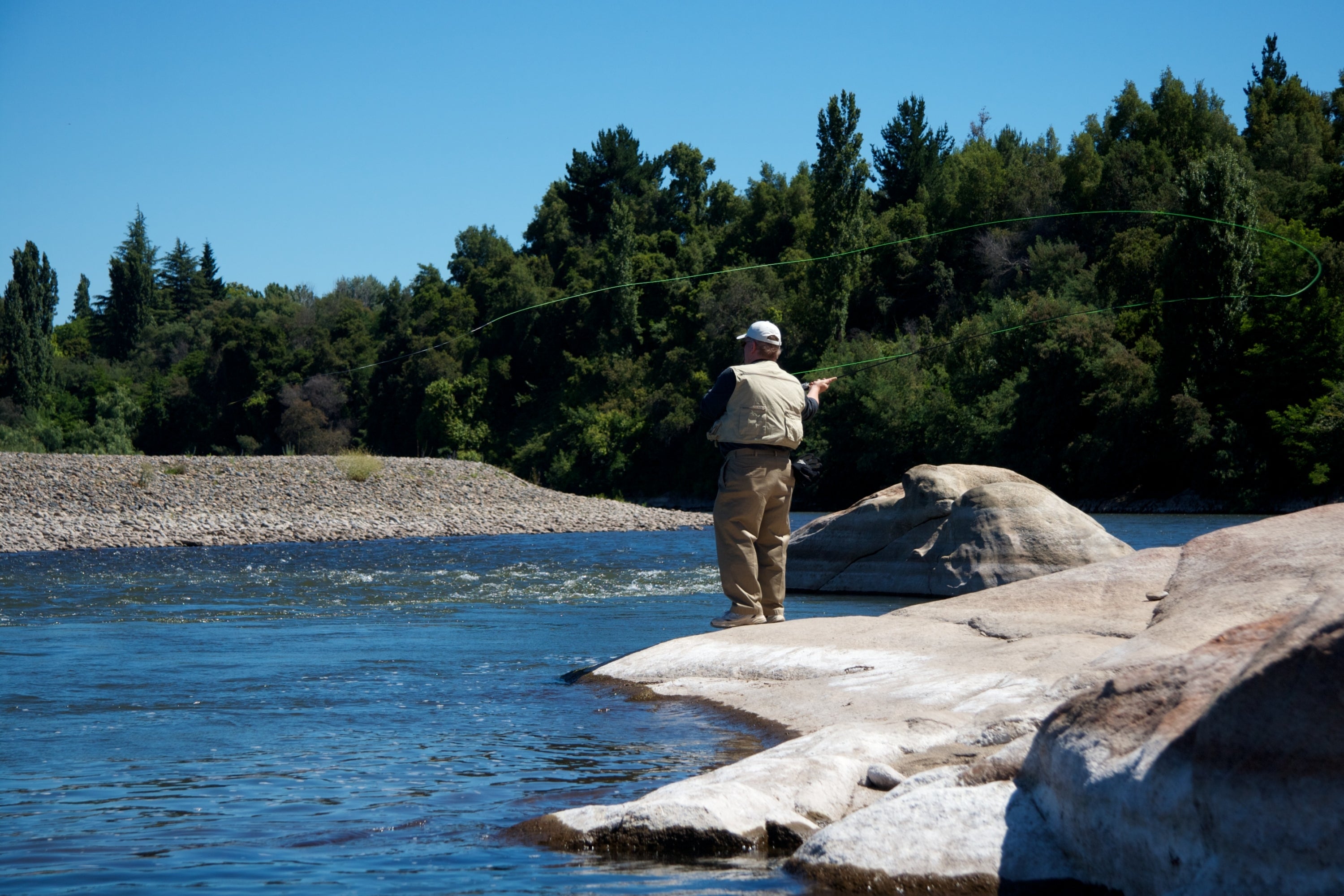Prof. Mark Servos

Collecting samples on the Lower Grand River.
Education
- PhD: University of Manitoba
- MSc: University of Guelph
- BSc: University of Guelph
Research Interests
Current research in my lab (Waterloo Aquatic Toxicology and Ecosystem Remediation Laboratory) centers around the broad areas of Ecotoxicology and Integrated Water Resources Management. Specifically, current research activities are evaluating the environmental exposure and effects of emerging contaminants such as pharmaceuticals and personal care products in the environment. The development and application of new approaches for risk assessment and risk management of priority substances and effluents, including municipal and industrial contributions, are an area of ongoing interest. In addition to evaluating urban-based impacts on water quality, my research interests also address the evaluation and development of best management practices for controlling pollution from intensive agricultural practices.
Prof. Mark R. Servos is currently the Canada Research Chair in Water Quality Protection in the Department of Biology. He joined the University of Waterloo as a Professor of Biology in 2003 and served as Scientific Director of the Canadian Water Network until 2011. In 1988, Dr. Servos started as a Research Scientist with the Lakes Research Branch of Environment Canada and later joined the Department of Fisheries and Oceans, Great Lakes Laboratory for Fisheries and Aquatic Sciences where he researched environmental fate and effects of contaminants in the Great Lakes. He joined the National Water Research Institute, Environment Canada, in 1996, as Project Chief, and led a group of scientists studying exposure and effects of priority substances. He has helped to organize numerous international meetings/workshops, participated in several expert panels in this field and plays an active role in several major international societies (e.g. Society of Environmental Toxicology and Chemistry). He has published numerous peer reviewed articles on the treatment, exposure, fate and effects of organic contaminants in the environment.
Current research projects
- Factors controlling the environmental fate and bioavailability of contaminants across watershed scale gradients.
- Novel approaches to environmental assessment; environmental DNA as a biomonitoring tool.
- Development of an aquatic cumulative effects assessment framework for the Grand River watershed.
- Responses of fish (e.g. growth, reproduction, community assemblages) to remedial actions at selected sewage treatment plants in the Grand River.
- Development and application of effects-directed assessments.
- Modelling the fate and effects of contaminants in complex watersheds.
- Development of innovative treatment technologies, i.e. nanowire membranes.
- Wastewater analysis for covid-19 epidemiological surveillance
Personal Interests
Fly fishing, flying small airplanes and military reenactment (1812)
